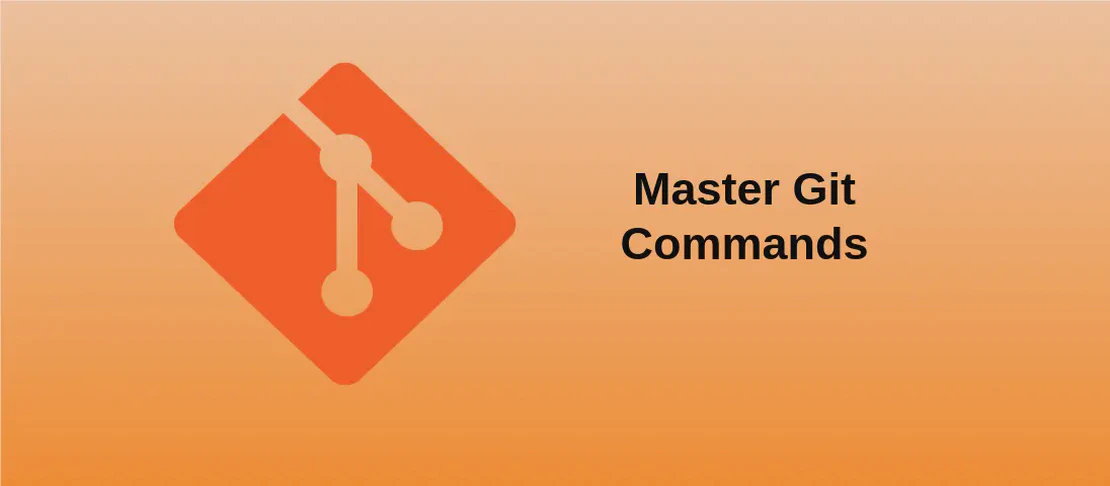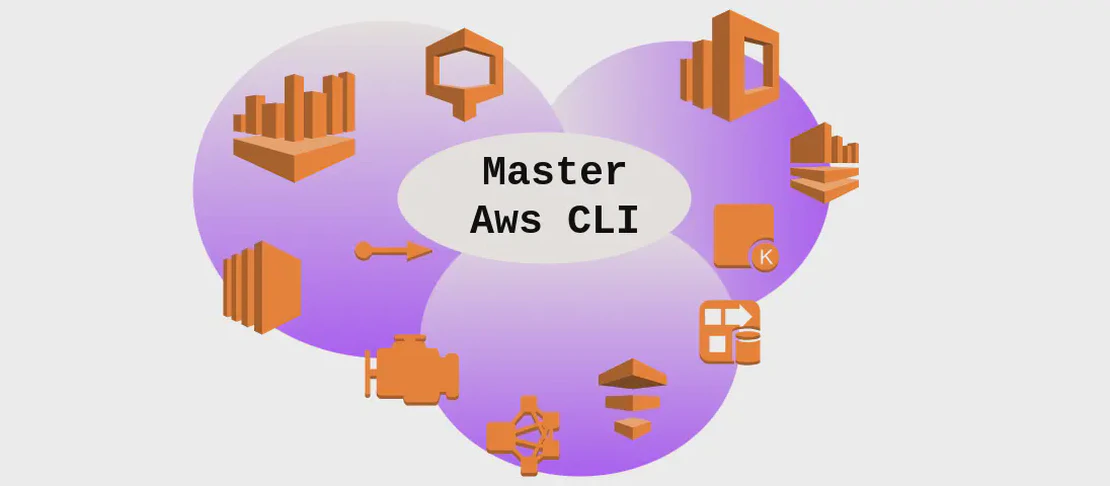
Efficiently Managing Perl Modules with the 'cpan' Command (with examples)
The Comprehensive Perl Archive Network, known as CPAN, is a centralized repository of over 250,000 modules of reusable software written in Perl. The cpan command line tool is utilized to query, download, and build these Perl modules directly from CPAN repository sites. It greatly streamlines the process of managing Perl modules, allowing developers to focus more on coding rather than dealing with complex dependencies.
Utilizing cpan, users can easily install new modules, forcefully install specific versions when necessary, upgrade their current modules to the latest versions, or recompile modules to ensure optimal performance. Here’s a closer look at each of these powerful use cases.
Install a Module
Code:
cpan -i module_name
Motivation: Installing new modules is one of the most fundamental actions when working with Perl. Developers often need to add functionality to their projects by using modules available on CPAN. Whether a module is needed for file manipulation, web interaction, or network protocols, installing it can be quickly achieved by this command.
Explanation:
cpan: This invokes the CPAN client to manage Perl modules.-i: This optional flag stands for ‘install.’ It indicates that the specified module should be installed.module_name: Replace this with the actual name of the module you wish to install.
Example Output:
CPAN: Storable loaded ok (v2.45)
CPAN: LWP::UserAgent loaded ok (v6.39)
Fetching with LWP:
http://www.cpan.org/authors/01mailrc.txt.gz
...
Installing /usr/local/share/perl/5.30.0/module_name.pm
Force Install a Module
Code:
cpan -fi module_name
Motivation: This command becomes crucial when a module fails to install using the standard method, possibly due to version conflicts, inconsistent configurations, or failures during the testing phase. By forcing the installation, developers can bypass some checks to quickly deploy the necessary module, although it should be used with caution.
Explanation:
cpan: This runs the CPAN tool.-f: The ‘force’ flag instructs CPAN to attempt to install the module even if there are failed tests or previous unsuccessful attempts.-i: This flag specifies the install action is to be executed.module_name: The desired module that needs to be installed forcefully.
Example Output:
CPAN: Storable loaded ok (v2.45)
...
Running make for A/AU/AUTHOR/module_name-0.01.tar.gz
...
make: *** [test_dynamic] Error 2
Appending /build/module_name-0.01/...
...
Installing /usr/local/share/perl/5.30.0/module_name.pm forcefully
Upgrade All Installed Modules
Code:
cpan -u
Motivation: Software evolves, and so do the modules on CPAN. New versions often come with bug fixes, enhanced features, or performance improvements. To keep up with these changes, a developer might choose to upgrade all installed modules in one sweep, which can ensure their software is running with the latest and greatest capabilities.
Explanation:
cpan: The CPAN shell being initiated.-u: This argument stands for ‘upgrade.’ It tells CPAN to check all currently installed modules and update them to the latest versions available.
Example Output:
CPAN: LWP::UserAgent loaded ok (v6.39)
...
Running install for module 'Module::Name'
...
Module::Name is up to date (0.02).
Recompile Modules
Code:
cpan -r
Motivation: Recompiling modules can be beneficial when there have been changes in the underlying environment, such as a Perl upgrade or changes in the system libraries. This ensures that all modules are optimized and configured correctly to work with the new system setup.
Explanation:
cpan: Initiates the CPAN installation shell.-r: Recompile flag, instructs CPAN to rebuild all installed modules from source to ensure compatibility with current libraries and interpreter versions.
Example Output:
CPAN: LWP::UserAgent loaded ok (v6.39)
...
Running make for Module::Name
...
Result: PASS
Conclusion:
The cpan command offers a versatile set of functionalities that simplify Perl module management significantly. Whether installing new modules, forcing installations, updating, or recompiling, these commands remove much of the complexity involved with handling Perl’s extensive module ecosystem. By leveraging cpan, Perl developers can ensure they are always equipped with the latest tools and capabilities, enhancing both productivity and software reliability.


